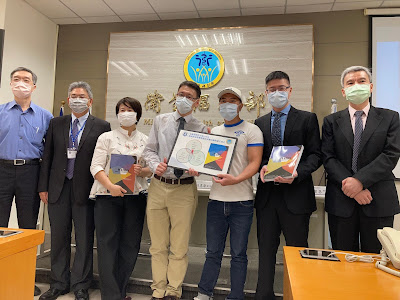
The Center for Neuropsychiatric Research in the National Health Research Institutes (NHRI) has developed a 16-week program, the Multidisciplinary Integrated Treatment and Recovery for Addiction (MITRA) project, to help individuals with METH addiction. The MITRA program is modified from the Matrix Model at the University of California at Los Angeles, integrating medication-assisted treatment, motivation-enhancing technique, cognitive-behavior therapy, family education, and spiritual principles. With funding support from the Ministry of Health and Welfare, NHRI has collaborated with the Kunming and Songde branches of the Taipei City Hospital, as well as Kaohsiung Municipal Kai-Syuan Psychiatric Hospital, to implement the program.
The preliminary results of the multi-center pilot study show that 72% of voluntary Meth users completed the 16-week treatment course, and they maintained an average of 14.5 weeks of drug-free living during treatment. The promising findings suggest that the culturally adapted, intensive outpatient addiction-treatment program is feasible for Meth-dependent patients in Taiwan. More efforts are needed to promote the program in the addiction-treatment delivery system, and to further engage individuals with drug-use problems to seek help.
For further information, contact Dr. Sheng-Chang
Wang (王聲昌)
at +886-37-246-166 ext. 36703.